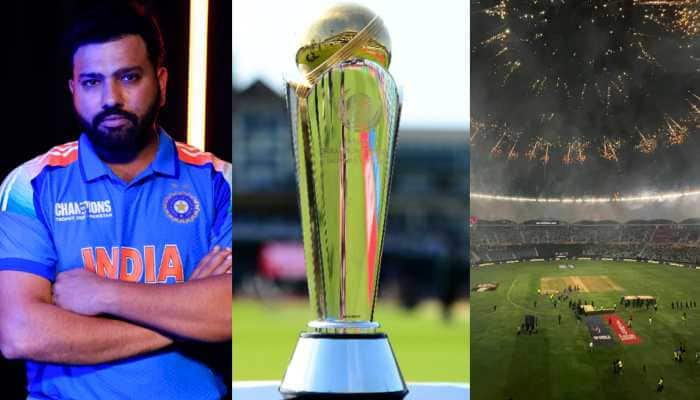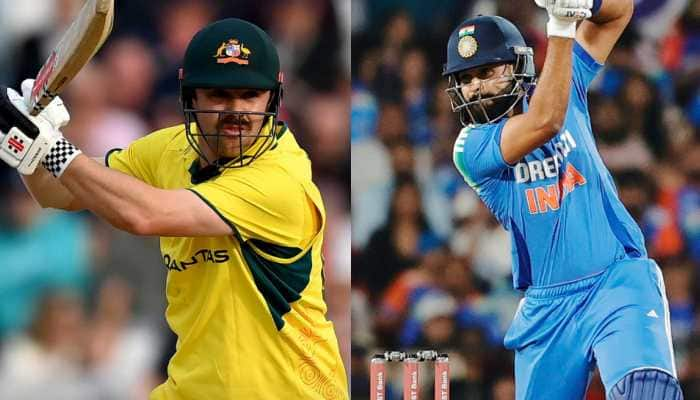Jaitley's tax proposals aimed at growth, job creation: Adhia
New cesses and duty hikes may have made cars and garments costlier but Finance Minister Arun Jaitley's focus in the Budget 2016-17 was job creation and making taxation simpler, not resource mobilisation, a top official said Tuesday.
Trending Photos
)
New Delhi: New cesses and duty hikes may have made cars and garments costlier but Finance Minister Arun Jaitley's focus in the Budget 2016-17 was job creation and making taxation simpler, not resource mobilisation, a top official said Tuesday.
Targeting a realistic 11 percent increase in tax revenue in 2016-17, the Budget has attempted to make domestic industry competitive, fuel demand and create jobs, Revenue Secretary Hashmukh Adhia told PTI in an interview here.
"The primary focus is not resource mobilisation. The primary focus is on tax changes for growth and employment generation," he said.
Duty changes in customs and excise are aimed at "positively impacting the domestic competitiveness of our local industry. So this is the main idea," he added.
Lower tax slab for new manufacturing companies have been proposed and incentives given to housing sector as well as first time home buyers to boost growth, he said.
Besides, he said, the Budget provides relief to small tax payers in the form of higher rebates and a simpler tax procedure for professionals.
Adhia said taxing new manufacturing companies at 25 percent instead of 30 percent slab is aimed at boosting manufacturing. "They will not have to wait for 5 years exemption phase out."
Secondly, incentives for housing is aimed at fueling demand that can lead to pickup in construction activity and in turn more requirement of steel, cement etc and creation of jobs.
"We want to kick start the economy. First focus is only of growth and employment," he said.
Tax proposals are also aimed at rationalising the tax structure, remove litigation and reducing penalties. "This is another underlying theme of budget proposals."
By increasing the limit of composite taxation scheme for small traders from Rs 1 crore to Rs 2 crore, the government has attempted to free them from tax compliance.
"Otherwise they have to keep (every) single voucher, book and show it to I-T people. We want to remove that. Composite scheme will apply to turnover of Rs 2 crore now. Many lakhs of businesses will be freed from compliance," he said.
Also, individuals in small income bracket of up to Rs 5 lakh have been given relief by increasing the rebate on income tax to Rs 5,000 from current Rs 2,000.
"If we increase the tax bracket, higher level people benefit more and government losses a lot in giving benefit to higher income people. Instead of that we wanted to give limited benefit but to a deserving category. It is Aam Admi more than the higher category of employees who are earning more," he said.
Jaitley, in his third budget presented yesterday, has made cars, locally made mobiles, branded garments, air travel, aerated drinks, cigarettes and smart watches among items costlier through new cesses and duty changes.
As a result of a new levy, Krishi Kalyan cess, on all services, activities including eating out, watching movies in theaters and payment of mobile bills, will also become more expensive.
Explaining the rationale for new cesses, Adhia said the cess or surcharge is one way for the government to raise its kitty at a time when its resources are under considerable pressure due to rise in states share to 42 percent.
"So cess or surcharge is one way for government to have a separate kitty of its own and this kitty is available only till be have GST. It is a limited period exercise of legislative power which Government has got," he said.
Stating that cesses are for specific purposes, he said a lot of spending has been earmarked for farm and rural sector. "So the Kisan Kalyan cess."
Infrastructure cess was borne out of pollution and traffic congestion in cities and so the levy on cars and SUVs. "We have too much traffic jams on the roads and so we can indirectly discourage people to buy expensive cars or they pay for it."
Stay informed on all the latest news, real-time breaking news updates, and follow all the important headlines in india news and world News on Zee News.
Live Tv







)
)
)
)
)
)
)
)
)
)
